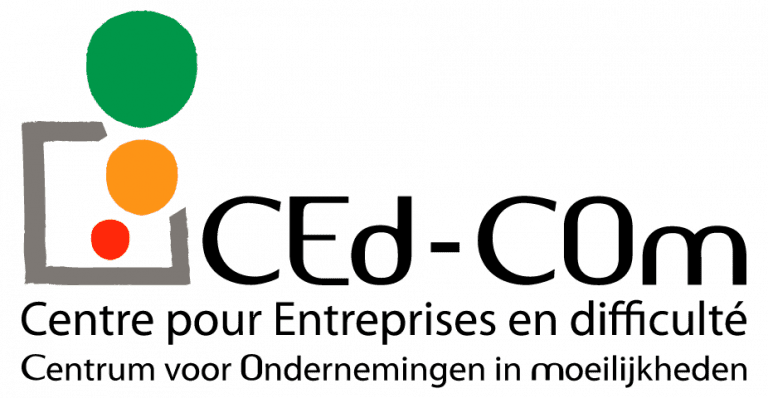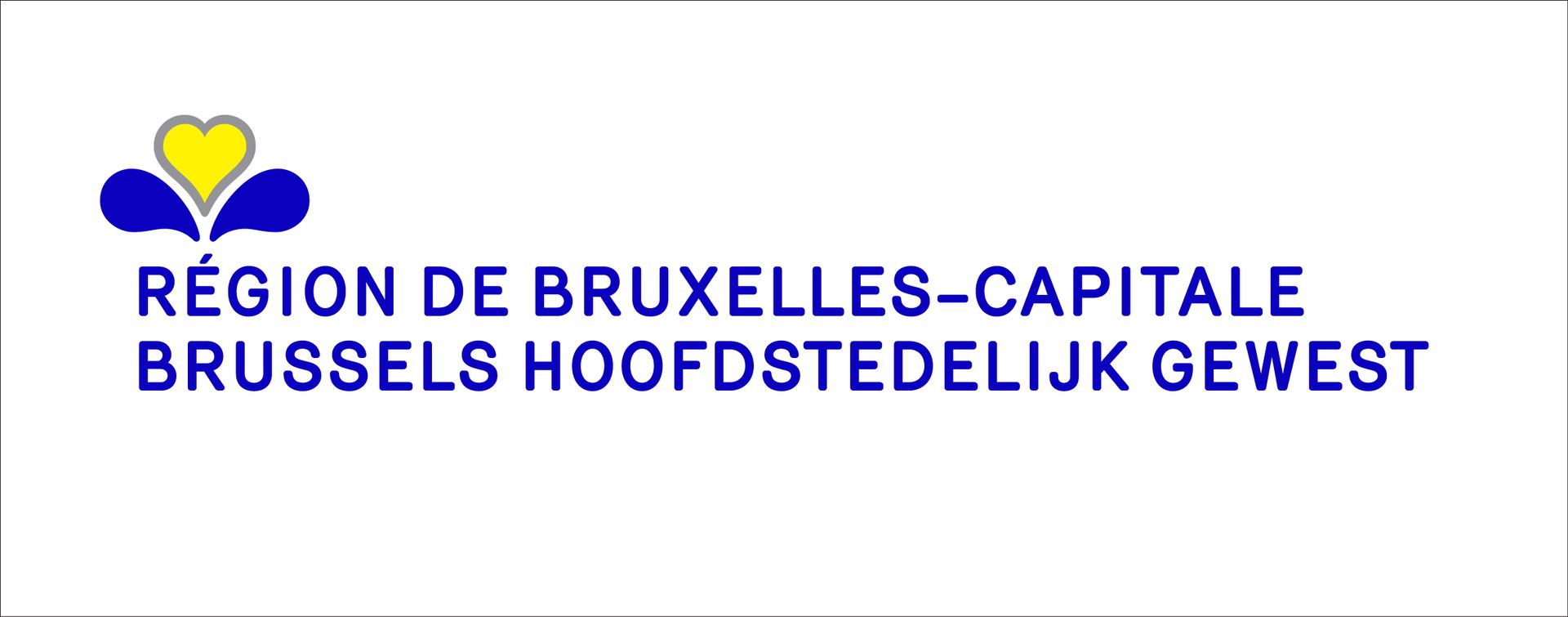Helping
distressed entrepreneurs begins with listening to their problems. BECI’s CEd
Relance also allows them to clarify their situation before taking action – and
to prepare for a new future.
Sadly, 2023 was a record year for business failures in this country. The number exceeded 100,000 for the first time, according to the Atlas du Créateur published by the UCM, Unizo and GraydonCreditsafe Belgium. On average, one in three companies ceases trading before reaching its fifth anniversary. And after ten years, less than half are still in operation.
A clear statement
Several years ago, BECI launched CEd Relance to prevent entrepreneurs from succumbing to challenges including lost clients, problems with leases, creditors and suppliers, the complexities of VAT and social security contributions – and more besides. For each entrepreneur, the dedicated team first draws up a clear statement of their position, before establishing potential solutions.
Entrepreneurs and those close to them can call the centre every weekday for advice. Based on their answers to a short list of questions, the caller is then directed either towards one of the centre’s partner organisations or to the weekly group or individual workshops, according to the entrepreneur’s needs and availability. These workshops are led by two financial and legal experts who undertake an initial analysis and provide advice. Every step of the process is confidential, and the centre’s services are completely free and without obligation.
“We ask the participant to produce a detailed list of their customers and creditors, with precise contact details, the nature of the claims or debts – whether fiscal, bank-related or social – and any formal notices they have received,” explains Julian De Paep, one of the centre’s legal experts. “Based on that analysis, we may then recommend a debt mediation procedure, if there's a chance that the company can be reintegrated into the economic system. Failing that, it’s often necessary for the company to contemplate bankruptcy,” he continues. The experts also advise the entrepreneur on the best way to appeal to the tax authorities to relieve the debt burden or, in the case of self-employment, to obtain ‘bridging’ rights.
Accounting, legal and administrative support
Both in Brussels and elsewhere, the effect of the end of the COVID support measures, which had kept the most vulnerable businesses afloat, is now becoming visible. As a result, many of those who launched businesses in recent years now find themselves in financial difficulties – and often in a state of profound confusion.
In consequence, the number of cases handled by the CEd Relance has sharply increased. From 800 cases last year, the figure is likely to exceed 1000 in 2024. Julian De Paep also points out that the workshops are now attended by entrepreneurs whose situation is not yet critical, but who are attempting to anticipate the worst and pre-empt questions about their legal liability if disaster strikes.
A new start
BECI has also created a ‘Prevention/Recovery’ training cycle to reinforce skills amongst entrepreneurs and to facilitate a potential new start. This allows the CEd to guide participants towards a new financial or commercial strategy, or to help direct them in their search for new financing or subsidies. “There is also a coaching and well-being aspect to the scheme,” explains Eric Vandem Bemden, BECI Business Advisor and coordinator of the CEd. “We aim to make these sessions a welcoming space where entrepreneurs can speak and be heard, allowing them to regain their self-confidence,” he adds.
Essential partners
Beyond these first line responses, the centre aims to guide the entrepreneurs towards the most appropriate people or organisations: accountants or ‘pro deo’ lawyers for the bankruptcy filing; debt mediation support centres; CPAS; Brussels Economy and Employment; finance&invest.brussels – and towards banks for potential new financing. “For longer term support, we work with the Entreprendre Bruxelles network’s Oasis programme, Reload Yourself and the Pulse Foundation’s Revival programme. These partners are absolutely essential to our work,” emphasises Eric Vanden Bemden.
Entrepreneurs often lose touch with their accountant. That's why we've included ‘accountancy workshops’ in our Prevention/Recovery cycle.
- Eric Vanden Bemden, Coordinator du CEd Relance
Jean-Sebastien Hamende, who directs Revival, expands on this. “Through our mentorship and psychological support programme, we can take over from the CEd – for example after bankruptcy has been declared, to help the entrepreneur to regain their rights and recover. Our organisations are highly complementary, and it’s in our mutual interest to further reinforce the collaboration,” he explains.
Meanwhile, Reload Yourself works with the entrepreneur, analysing their business model and supporting them through the necessary changes, offering long-term coaching to turn their situation around and maximise their chances of a successful recovery. This organisation has also seen a 30% increase in cases in the last year. “In the face of sometimes quite strong denial, our task is to make the management understand in time that the company can only continue if it adopts a new model. Or, if it’s already too late, that the best thing to do is to file for bankruptcy, avoiding even greater financial, social and human debts,” explains CEO Jean-Olivier Collinet. “Stopping the decline in time to relaunch a business should be viewed as a success,” he concludes.
CEd Relance's secretariat can be reached on 02/533 40 90, Monday to Friday from 7am to 10pm!


